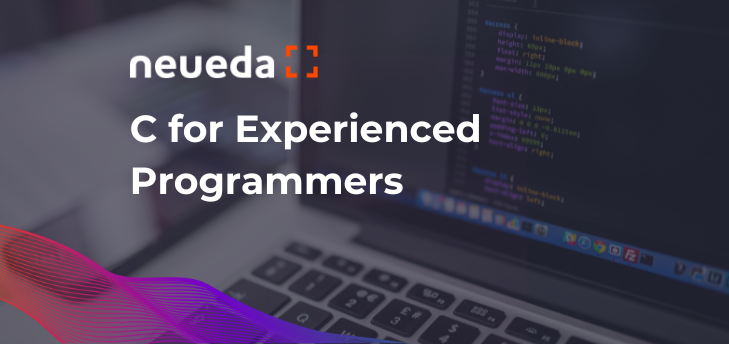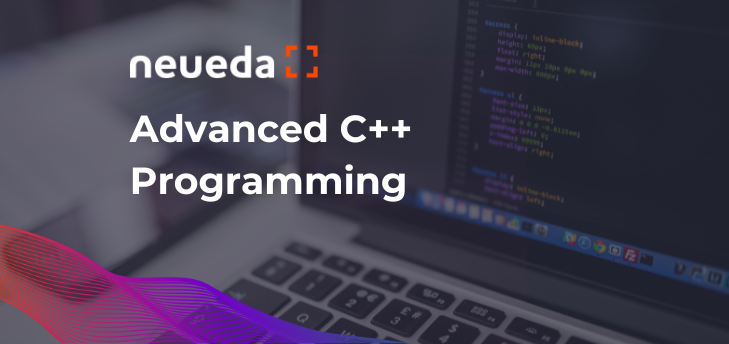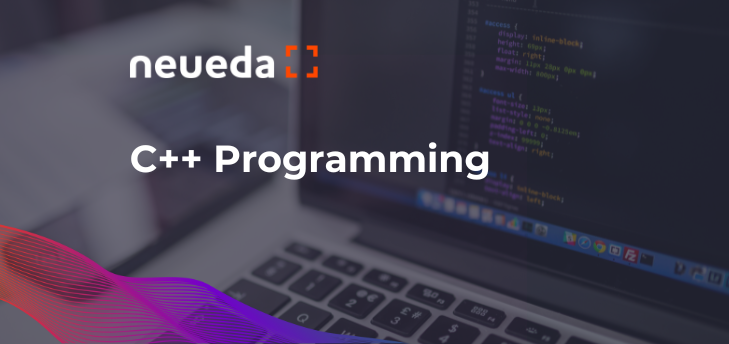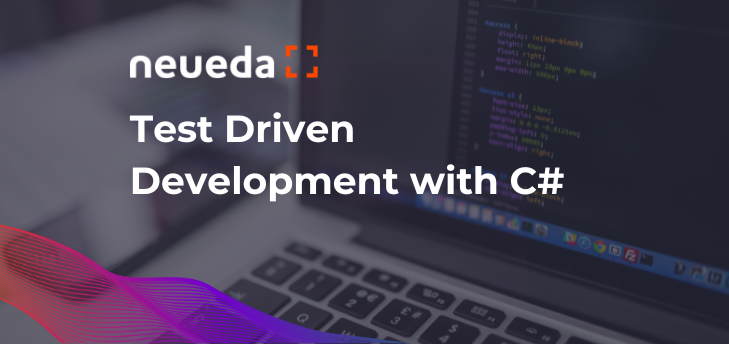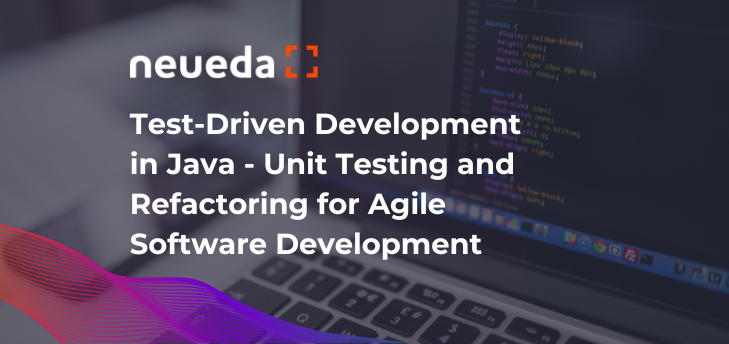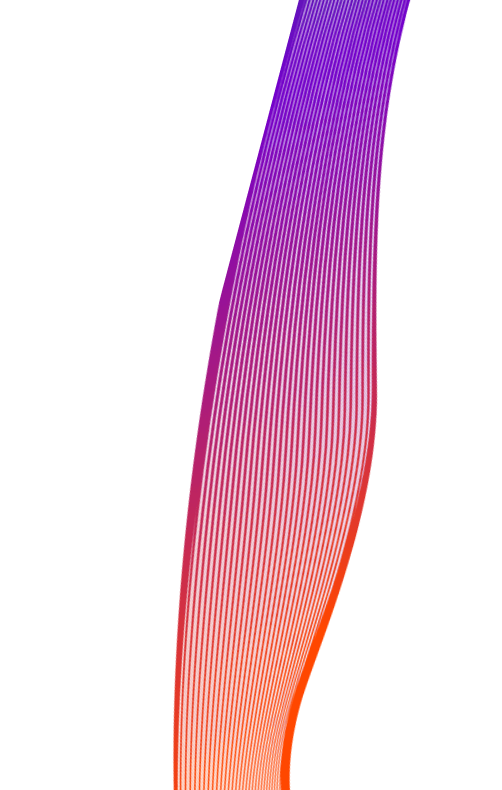
Course
C for Experienced Programmers
This course is designed as a conversion course for students who have considerable experience in programming in other high-level languages, and who need to start writing or maintaining professional code in C.
ANSI Standard C is a general-purpose programming language that is widely used in areas as diverse as operating systems and games. This course will teach you how to write professional ANSI Standard C code, and how to use the functionality provided by the ANSI Standard C library. The course explores concepts and syntax through lectures, discussion and hands-on lab exercises.
Duration: 5 days
Who is it for: This training course is for experienced programmers who need to be able to develop advanced applications using the C programming language.
Layout:
Objectives
- How to program in ANSI Standard C
- How to use the Standard C Library
- Good coding practice and idioms for the safe and sensible use of language features
Modules
Language Overview
- Data types, variables and operators
- Control flow
- Functions
- Arrays
- Pointers
- Strings
- User-defined types
- I/O
- The preprocessor
Pointers and Arrays
- Pointer arithmetic
- void pointers
- Idiomatic use of pointers
- Pointers-to-pointers
- Arrays and pointers
- Strings and pointers
- Passing arrays to functions
- Dynamic memory allocation
- Use of malloc and free
- Command-line arguments
Custom types
- Using typedef with structs
- Pointers and structs
- Self-referential structs
- Bitfields
- Unions
I/O
- Opening files
- Reading and writing files
- Binary and text files
- Random access I/O
- Directory operations
The Standard Library
- What is in the library
- String manipulation using the str functions
- Math functions
- Date and time functions
- Other Standard C functions
- Writing variadic functions
- Non-local goto
Program organization
- Program layout (text / data / stack / heap)
- Storage classes – auto, register, extern and static
- Linkage – internal, external and none
- Qualifiers – volatile and const
- Atomic operations
- Alignment
- Sequence points
The Preprocessor
- The null directive
- Proper use of header files
- Minimizing recompilation
- Conditional inclusion guards, #define and #undef
- Using macros properly
- Stringifying and token pasting
- Predefined symbols
- Other directives (#line, #pragma, #error)
Error handling and status reporting
- Using assert()
- errno
- perror()
- Returning values from programs
Function pointers
- Declaring and using function pointers
- Using lookup tables
Implementing data structures
- Linked lists
- Queues
- Stacks
- Hashing
- Using recursive functions
- Binary Trees
- Sorting
Enquire about this course
"*" indicates required fields
